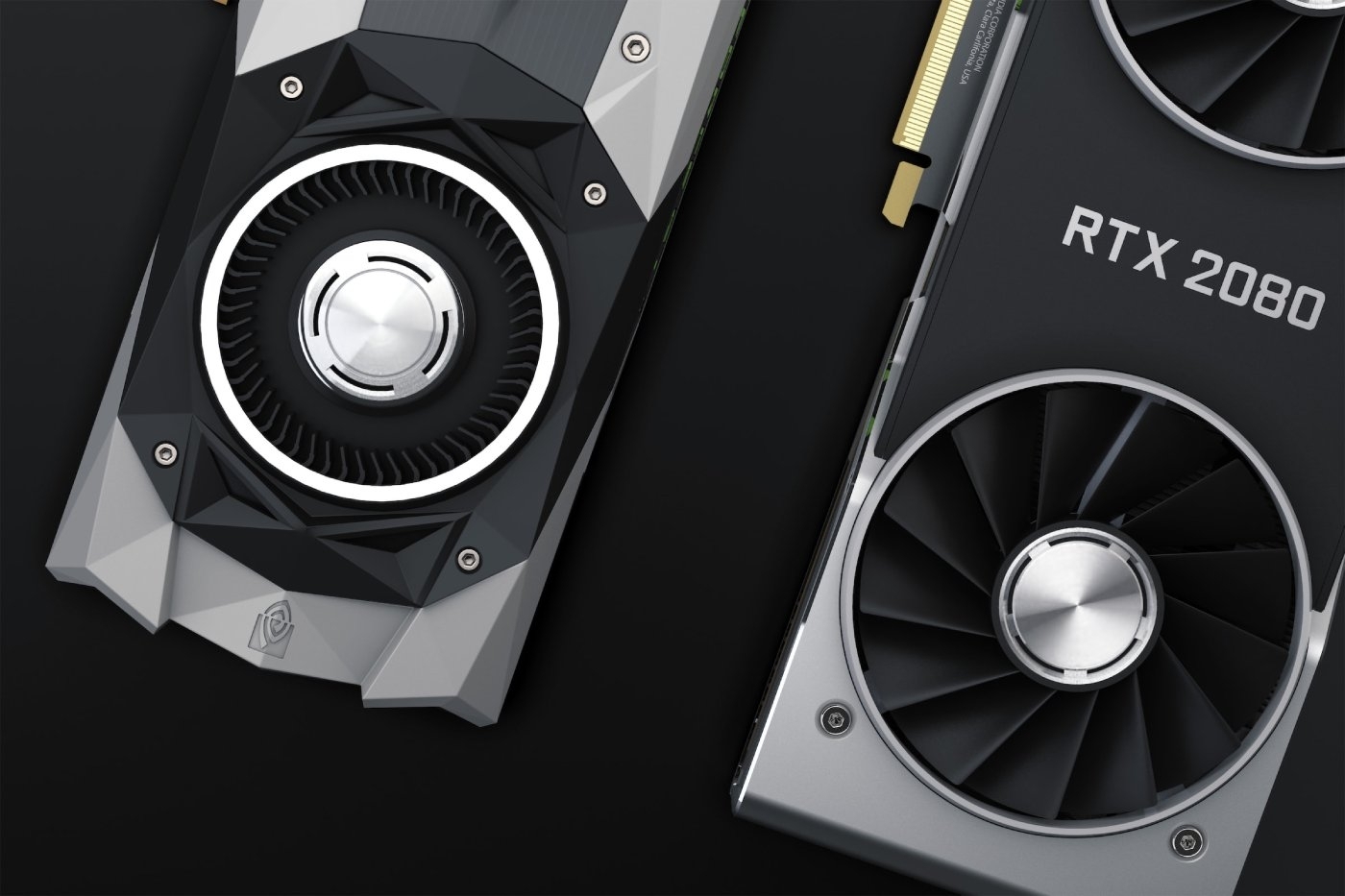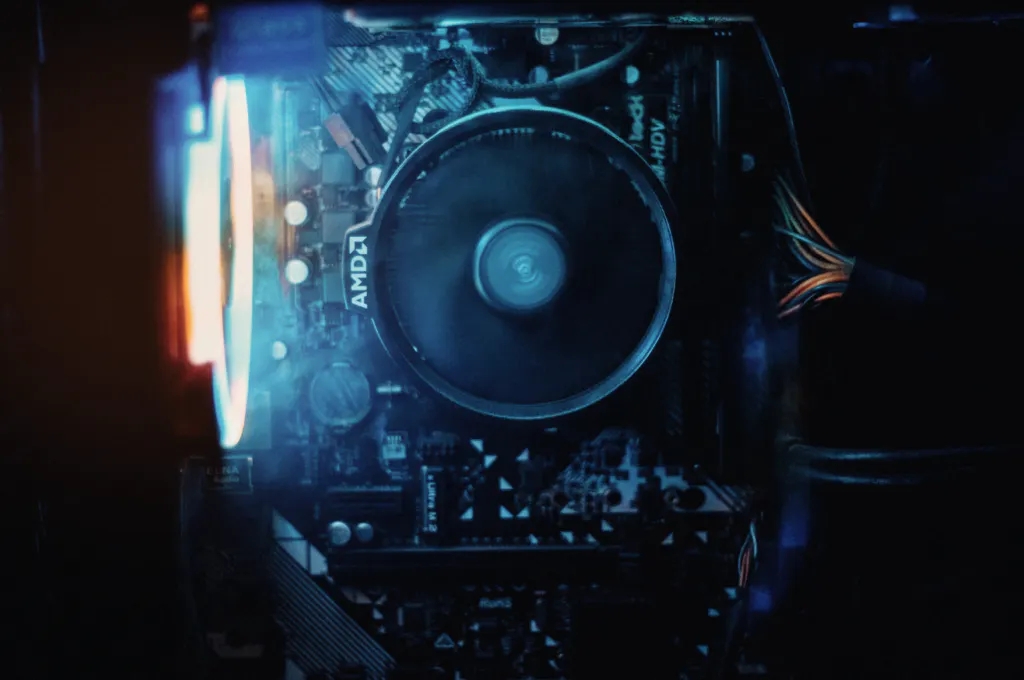
Under the Spotlight: Nvidia (NVDA)
Nvidia, a US$503b company hidden in plain sight. Powering Teslas, laptops and Google, the chip manufacturer demands significant market share in a field with few player.
The Story
Nvidia was built from the ground to catch flight on bellowing tailwinds. In 1993, gaming was in its infancy. Doom and Zelda were the games of the year, presented with what was cutting-edge 16-bit graphics. Gamers were hooked.
Co-founders Jesen Huang (current CEO), Chris Malachowswki, and Curtis Priem all left jobs at competing computing firms to work on their own projects. The trio was certain of two things. Firstly, computers of the future need graphics-based processing units to meet their needs. And secondly, the gaming sector would continue to grow. Both hypotheses came true.
At the start, all company files were titled NV, short for ‘next version’. The focus was on technology, not branding and marketing. As the project needed to be legitimised, the three founders needed a proper name. Quite literally, Nvidia is a play on ‘invidia’, Latin for ‘envy’.
Where’s The Money?
Almost all revenue stems from 2 sectors: Graphics and “Compute and Networking”.
Nvidia’s core product is Graphics Processing Units (GPUs). Essentially, a GPU accelerates and improves image creation on computers, phones and gaming devices. While a regular computing system naturally processes images and graphics, certain ultra-realistic recreations need added processing power.
Primarily driven by gaming, 46% of Nvidia’s US$16b of revenue in the latest financial year stemmed from this sector. The company’s flagship product is the RTX 3000-series GPUs. Starting at US$999 for an entry-level unit, the company sold out almost instantly after their last release. As of 2020, Nvidia dominates with 82% of the total discrete GPU market share.
The other major revenue driving sector is “Compute and Networking”. In short, data centres. While names like AWS and Azure dominate the cloud space, Nvidia leads the charge in supporting AI and machine learning. Data centres contributed US$6.7b in 2020, up 124% from the year prior.
Crypto Mining
As cryptocurrencies continue to dance around all-time highs, mining becomes an increasingly lucrative venture. As any bitcoin believer can attest, the marginal effort to mine every extra coin increases as more people try to mine, and the supply of bitcoin approaches 21 million.
Nvidia’s products traditionally provided the computing power needed to mine crypto effectively. Unfortunately for the everyday consumer, available supply is often swallowed up by miners. Nvidia downgraded the effectiveness of their units for Ethereum mining. Hash limits exist on their RTX 3000-series which helps limit the demand from miners.
Supply Shortage
Nvidia’s share price has risen by 20% to start 2021 as the whole industry works through a supply shortage. CFO Colette Kress conceded that Nvidia “expects demand to continue to exceed supply for much of this year”. Demand is surging and the supply of the integral silicon chip components can not keep up. Factory shutdowns during the peak of COVID led to lengthy backlogs that are only now being fulfilled.
Gain unrivalled access to Wall St and trade 6,000+ U.S. stocks and ETFs.
This does not constitute financial advice nor a recommendation to invest in the securities listed. The information presented is intended to be of a factual nature only. Past performance is not a reliable indicator of future performance. As always, do your own research and consider seeking financial, legal and taxation advice before investing.
